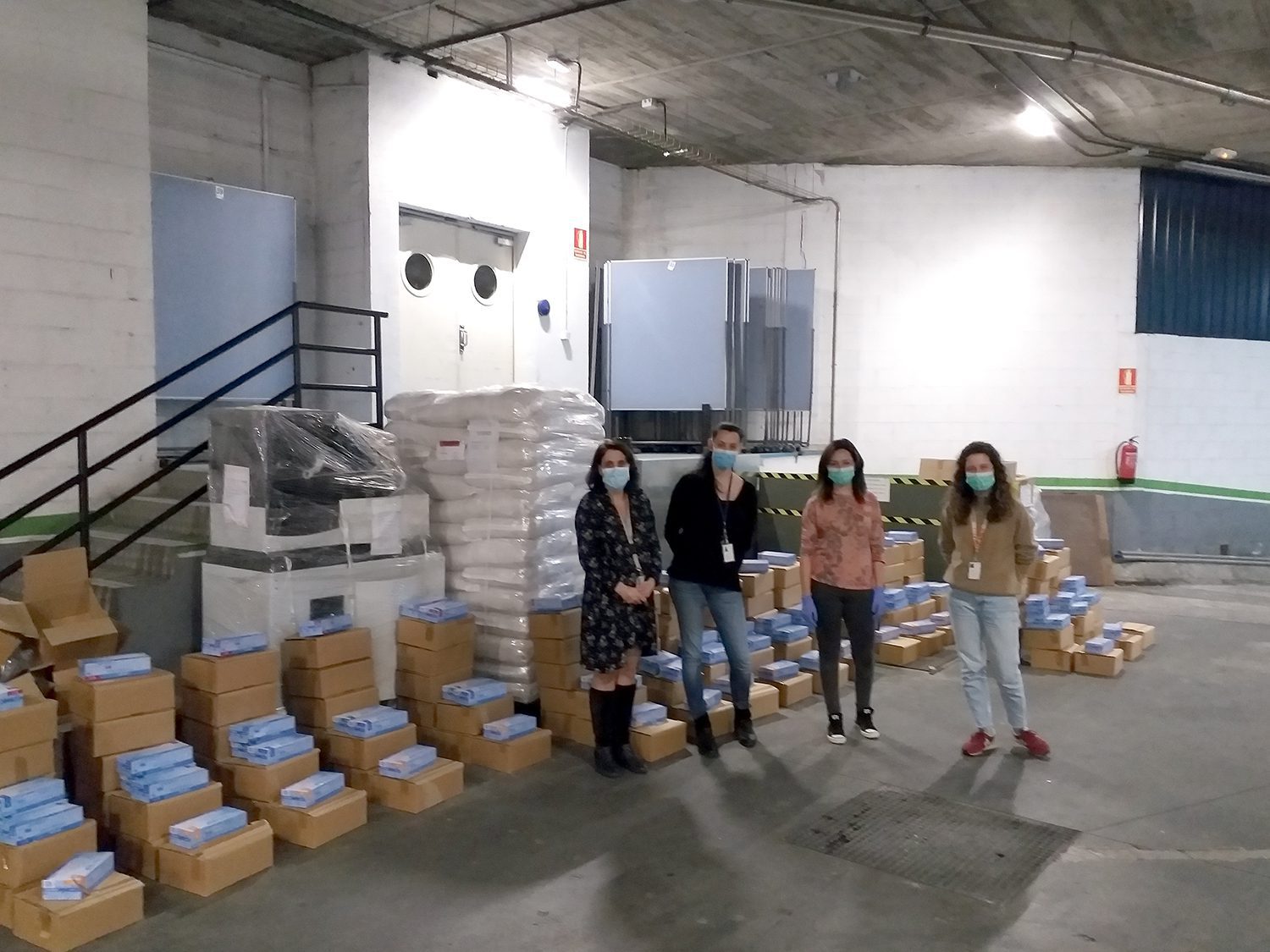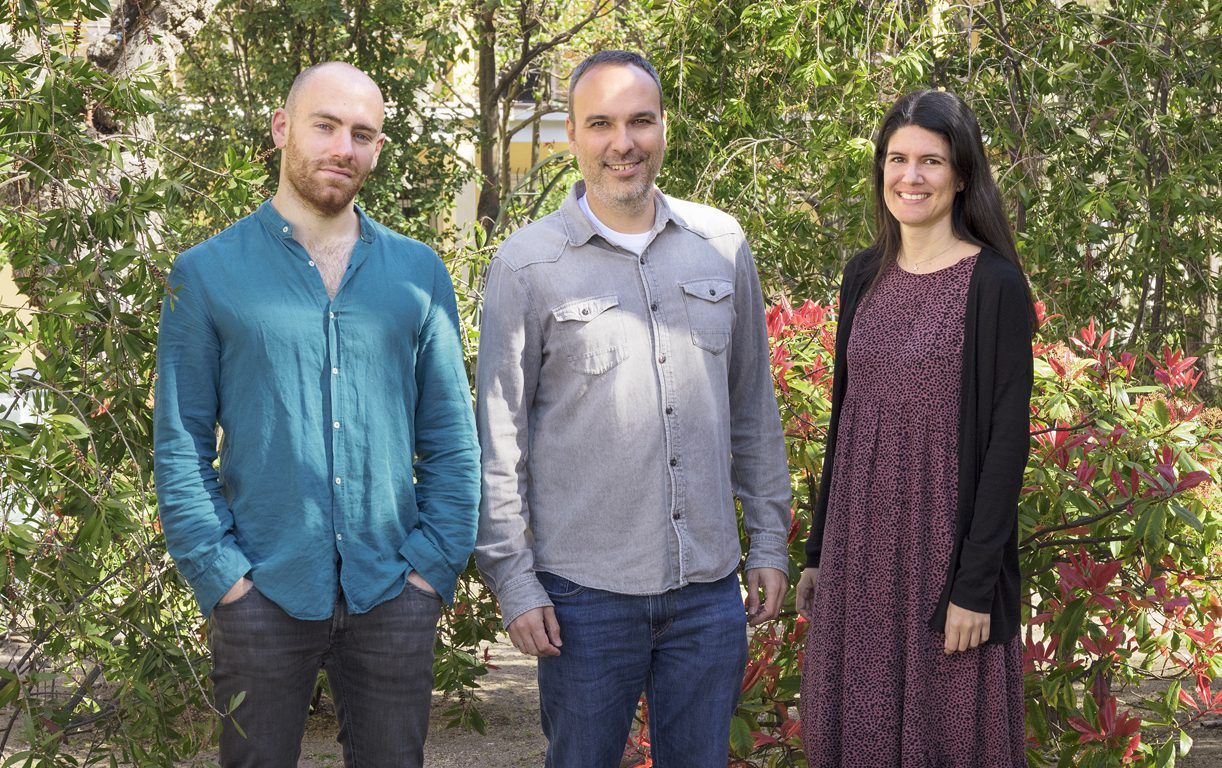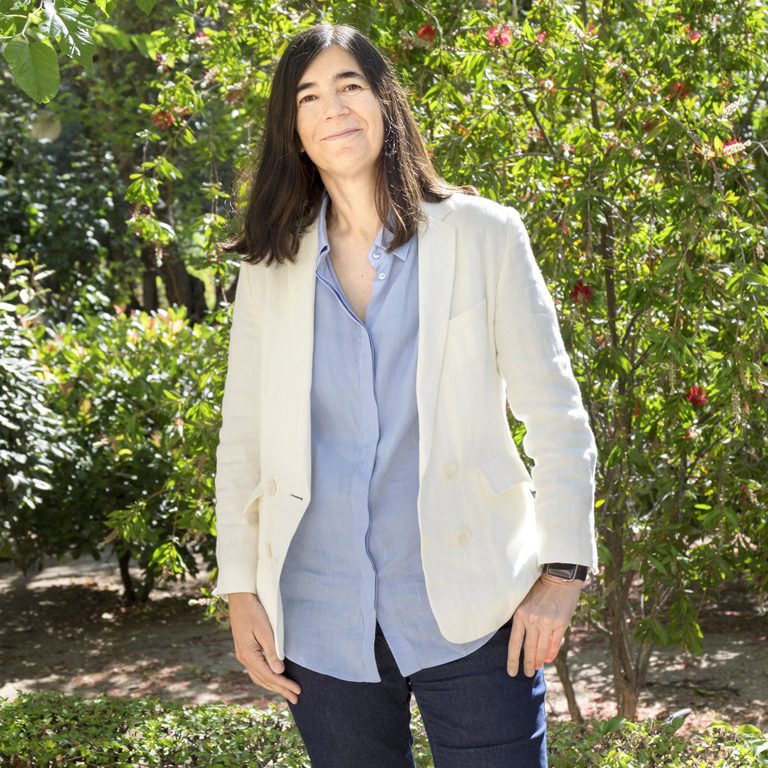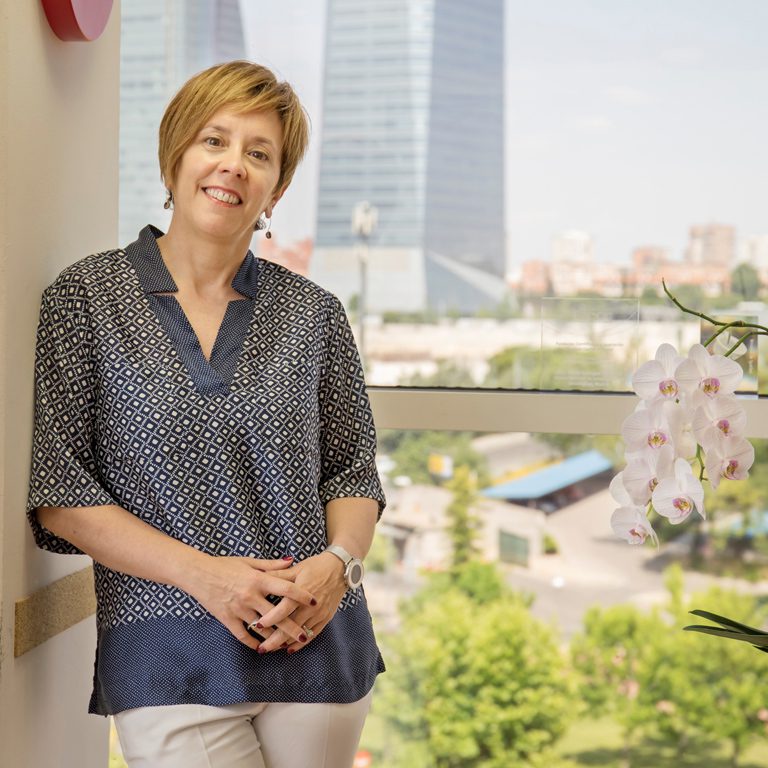This website uses cookies so that we can provide you with the best user experience possible. Cookie information is stored in your browser and performs functions such as recognising you when you return to our website and helping our team to understand which sections of the website you find most interesting and useful.
Column
Joint efforts
 Donation of protective equipment to healthcare facilities and nursing homes in the Community of Madrid. /CNIO
Donation of protective equipment to healthcare facilities and nursing homes in the Community of Madrid. /CNIO
A mere two months ago, who could have imagined we would face a global health emergency that would affect our health and our loved ones? I am beginning my column today with my best wishes for you and your families. I hope you are all doing well.
Even though the lock-down has limited our ability to do experimental work, CNIO scientists continue to design new therapeutic strategies to cure cancer, to analyse scientific data and publish our work in the best journals. We also continue to secure funds to be able to do research in the near future. A few days ago, the European Research Council announced the awarding of the renowned ERC Advanced Grants, which will get us the funds we need to block two of the most distinctive traits of cancer: the immortality of tumour cells (a project developed by my own research group) and metastasis (a project carried out by the group led by Marisol Soengas).
Our commitment to health research, however, goes well beyond these efforts. We are currently working on 12 research projects into a variety of aspects of Covid-19, such as the after-effects for the lungs of the respiratory infection, therapies that may block virus replication, mouse model development and easy diagnostic methods on a massive scale – a project financed by the Institute of Health Carlos III and carried out with CSIC. Moreover, we have transferred PCR equipment for Covid-19 testing in hospitals and donated protective equipment to healthcare facilities and nursing homes in the Community of Madrid.
Please take care and remember: #IStayAtHome
Maria Blasco
Director
CNIO science news

The Telomeres and Telomerase Group, headed by Maria Blasco at the CNIO, has found that rapamycin, an anti-ageing drug that extends lifespan in normal mice, can be harmful in mice with short telomeres.
In this way, the team addresses for the first time the connections between two of the main biochemical processes associated with ageing: the telomere shortening and the ability of cells to detect nutrients.
This finding helps to better understand the so-called short telomere syndromes, which include diseases such as aplastic anaemia or pulmonary fibrosis.
Our Centre
 © Amparo Garrido. CNIO
© Amparo Garrido. CNIO
The European Research Council (ERC) has granted ERC Advanced Grants worth €5 million to two CNIO projects: SHELTERINS, carried out by Maria Blasco and her team to explore anti-cancer therapeutic targets for tumours with few treatment options, and METALERT-STOP, a project led by Marisol Soengas to block metastasis in melanoma.
Congratulations to both teams! You can read more about their projects in the interviews below.
ERC Advanced Grants is a highly competitive grant programme. The grants are given to innovative projects that face unmet scientific challenges, coordinated by leading European researchers with outstanding achievements in the past ten years. Including these two, CNIO has now received seven ERC Grants, including an ERC Advanced Grant given to Mariano Barbacid, three ERC Consolidator Grants that went to Manuel Valiente, Felipe Cortés and Eva González, and an ERC Starting Grant for Alejo Efeyan.
 © Amparo Garrido. CNIO
© Amparo Garrido. CNIO
The Institute of Health Carlos III is funding a CNIO project to develop a Covid-19 testing method that could be run on site, with results available in under an hour. The technique could enable detection on a massive scale, including that of asymptomatic patients, which could help stop the virus from spreading and strengthen the health system response.
The project, which is coordinated by CNIO researcher Felipe Cortés and CSIC researcher Luis Blanco, involves phi29 DNA polymerase (phi29 pol), discovered in 1984 by Margarita Salas and Blanco. We hope the results become available soon!

As a result of the health emergency in Spain, the ‘Prometo Solidario’ fundraising concert by Pablo Alborán aimed at raising funds for the CNIO cancer research, has been cancelled until further notice.
All tickets have been refunded by the organization. The concert will be be announced again when the situation is safe enough for everybody involved – musicians, organisers and fans.
Nonetheless, you can still collaborate with our Centre by making a direct contribution on our website: https://www.cnio.es/en/cnio-friend/
Interviews
Maria Blasco: “We will explore anti-cancer therapeutic targets for tumours with few treatment options”
 © Amparo Garrido. CNIO
© Amparo Garrido. CNIO
Maria Blasco explains her project SHELTERINS, which has received 2.5 million euros in the form of an ERC Advanced Grant from the European Research Council.
What do we know about the role of shelterin proteins in cancer progression?
The shelterin complex comprises proteins that protect telomeres, which are ‘caps’ located at the end of each chromosome. Telomeres play a central role in cell ageing and, therefore, in our own ageing. Without shelterin, cancer cells would not be able to divide.
In the Telomeres and Telomerase Group, my research group, we have studied extensively the role of shelterin proteins in cancer progression. We were among the first to suggest that these proteins could be regarded as anti-cancer therapeutic targets. We helped find shelterin mutations related to cancer and we showed that their functions were regulated by cancer signalling pathways. We have recently found that without the TRF1 protein, one of the proteins in the shelterin complex, tumorigenesis and progression can be blocked in mouse models of lung cancer and glioblastoma. We have also found that without TRF1, glioblastoma stem cells do not initiate secondary tumours. The ERC evaluation panel took these achievements into account when they decided to award us the ERC Advanced Grant.
The main challenge we need to face now is to identify the mechanisms shelterin uses in tumour development; we also need to create animal models to study these mechanisms.
How can the SHELTERINS project help find new anti-cancer strategies?
We will conduct the first large systematic study of shelterin proteins. We will create animal models that will be used to understand the role of shelterin mutations in cancer, specifically, mutations in the POT1 protein, which we know is mutated a number of tumour types, such as glioma – a type of tumour of the central nervous system with few treatment options nowadays. We aim at finding new anti-cancer strategies to cure them. In close collaboration with the Experimental Therapeutics Programme at CNIO, we have already started developing drugs that could block shelterin proteins in cancer.
Besides, we will continue to explore the role of the TRF1 protein in cancer stem cells, which can give rise to new tumours.
Marisol Soengas: “We want to better visualize and block metastasis in melanoma”
 © Amparo Garrido. CNIO
© Amparo Garrido. CNIO
Marisol Soengas talks about her project METALERT-STOP, which has also received 2.5 million euros through an ERC Advanced Grant from the European Research Council.
What are the main objectives of the METALERT-STOP project?
Our ultimate goal is to identify and target mechanisms that allow melanomas to produce metastasis. Melanoma is an interesting tumour, where lesions a little over 1mm thick can contain cells with the potential to spread throughout the body. We still do not know why this aggressiveness. Working with laboratories in Spain and abroad, we are planning to identify markers of melanoma progression, find what genetic and environmental factors define the risk of metastasis, and develop new therapies.
One of the aspects that the evaluation panel considered most innovative in this project was the combination of patient biopsies with animal models that emite light (bioluminescence) before the metastasis takes place – hence the term ‘MetAlert’. With this approach, we will characterise proteins we have identified that light up pathways of metastasis, and also seem to be responsible for resistance to immunotherapy. On the other hand, we will look into the compounds that turn off this process, defining their mechanism of action and validating their potential therapeutic impact.
What is the potential of the study’s results for translation to clinical practice?
ERC Advanced Grants is a very ambitious programme where projects are expected to open up new areas of research. One of the big questions we want to address is why metastasis develops so fast in some patients, while in others it may take years.
The project’s ‘Stop’ concept has to do with treatment: we want to identify new targets and find a way for cold tumours, or tumours resistant to immunotherapy, to respond to treatment effectively and with long-lasting results.
Distinguished Seminars
06.03.2020
Werner Kühlbrandt
Max-Planck-Institute of Biophysics (Alemania)
'High-resolution cryoEM of membrane protein complexes'
